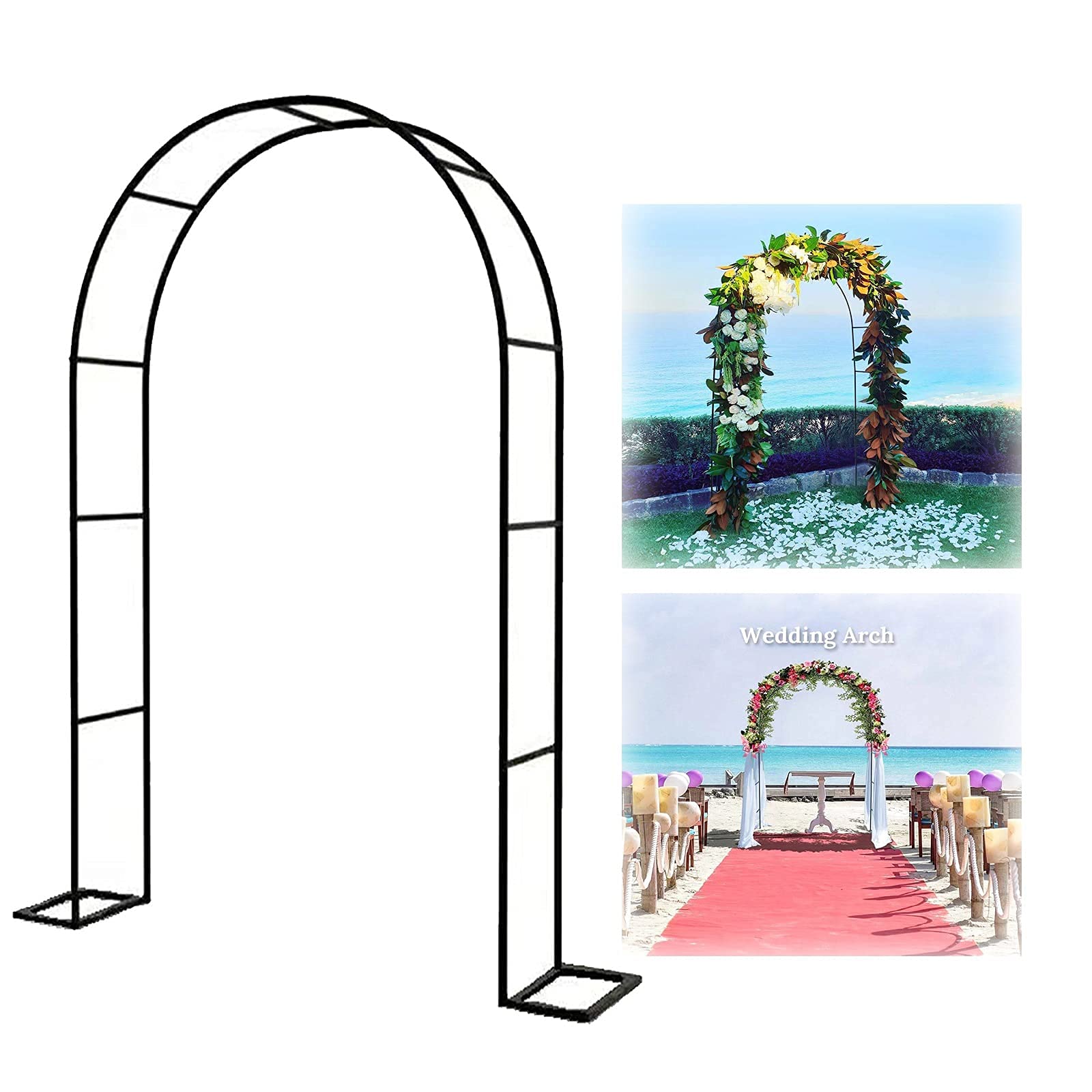Interior Decorator vs. Designer: Understanding the Difference

When embarking on the journey of making your living space not just a place to live but a personal sanctuary that reflects your tastes, personality, and functionality needs, you will often come across professionals with titles like interior decorator and interior designer. Both roles play pivotal roles in transforming spaces, yet they are distinct in their scope, education, and the services they offer. Understanding these differences can significantly impact your expectations and the results you achieve in your home makeover project.
The Role of an Interior Decorator

Interior decorators are the artists of the interior world. Their primary focus is on the visual appeal and decoration:
- Color coordination and patterns: They select paint colors, wallpapers, and fabrics that harmonize to create a pleasing aesthetic.
- Furniture selection: Decorators help in choosing furniture that fits the room’s size, purpose, and style.
- Accents and Accessories: From artwork to cushions, rugs, and decorative pieces, decorators layer in the finishing touches that define a room’s ambiance.
- Space Planning: Although to a lesser extent than designers, decorators consider the layout for optimal use of space for aesthetics.
🎨 Note: Interior decorators do not require formal education to practice, although many are self-taught or have background knowledge in design.
The Role of an Interior Designer

Interior designers have a broader scope of work, involving both the aesthetics and structural elements:
- Architectural Integrity: They work on the space’s architectural plan, often involved from the ground up, influencing layout, walls, and even building codes.
- Functional Design: While aesthetics is important, designers focus on functionality, making spaces not just beautiful but also functional for their intended use.
- Technical Knowledge: Knowledge in engineering, safety regulations, and building codes is critical for interior designers.
- Full Project Management: They often oversee the entire renovation or construction process, coordinating with architects, contractors, and builders.
🖌️ Note: Interior designers typically hold formal education or certification in interior design, allowing them to handle aspects like space planning and compliance with building regulations.
Education and Certification

Education is a significant differentiator:
- Interior Decorators: There isn’t a mandatory educational requirement, though many decorators study or have training in interior design, art, or a related field.
- Interior Designers: A formal degree in interior design or architecture is common. Certifications like NCIDQ (National Council for Interior Design Qualification) are recognized in many regions, validating their extensive training in design and construction.
Services Offered

Here’s a comparative table to clarify the services each professional might offer:
| Aspect | Interior Decorator | Interior Designer |
|---|---|---|
| Visual Aesthetics | Primary Focus | Important but part of a larger vision |
| Space Planning | Limited | Extensive |
| Structural Changes | Not Covered | Can Include |
| Project Management | Rare | Common |
| Technical Expertise | None Required | Essential |
| Building Codes and Permits | Not Involved | Often Involved |

Choosing Between a Decorator and Designer

Your choice depends on the scope of your project:
- Decoration Focus: If your goal is to enhance the look of your space with accessories, furniture, and paint, a decorator might be your best bet.
- Full Renovation or New Build: For structural changes, reconfiguration, or a full-scale renovation, an interior designer is more appropriate.
- Budget and Timeline: Decorators might offer a faster and less expensive solution for smaller changes, while designers can take longer due to their involvement in planning and technical aspects.
When deciding, consider not just the visual transformation but the holistic improvement of your living space. An interior designer might address issues like inadequate lighting or inefficient space usage, which a decorator might not be equipped to handle.
What should I expect from a consultation with an interior decorator?

+
Expect discussions on your taste, the room’s purpose, and a plan to enhance its visual appeal using furnishings, decor, and color schemes.
Can interior designers help with room layout before decorating?

+
Absolutely, they specialize in space planning to maximize functionality and flow of your living space.
Are interior decorators and designers costly?

+
Costs vary. Decorators might charge per room or project, while designers might have a more comprehensive fee structure, accounting for design, coordination, and possibly construction oversight.
Do I need to hire both a decorator and a designer?

+
Not necessarily. Your project’s scope will determine this. For minor updates, a decorator might suffice, but for full renovations or new constructions, a designer is advisable.
How can I find the right professional for my home?

+
Research local professionals, check portfolios, read reviews, and perhaps schedule initial consultations. Remember to clarify the services offered and the scope of their work.



